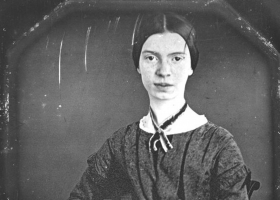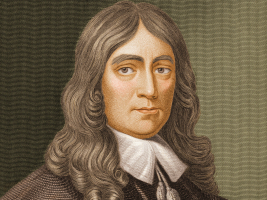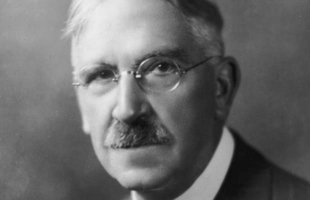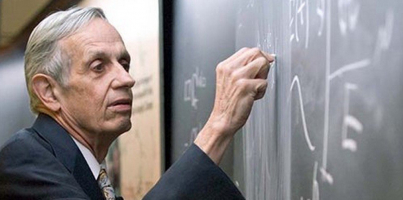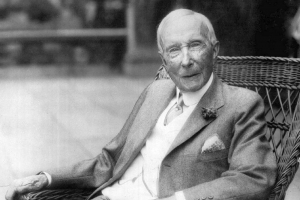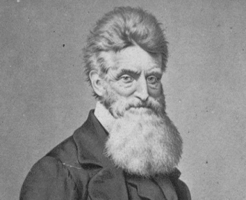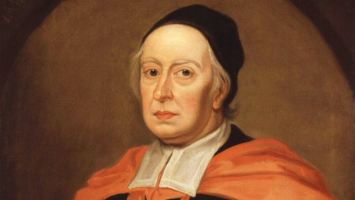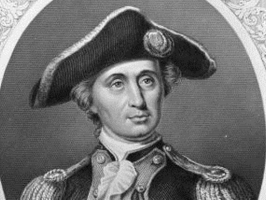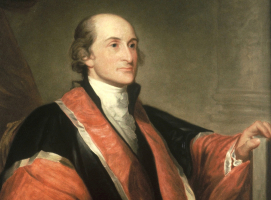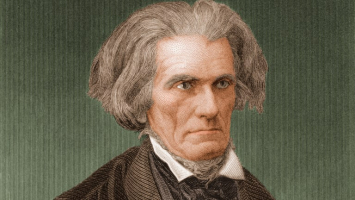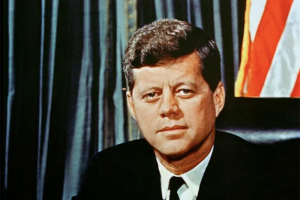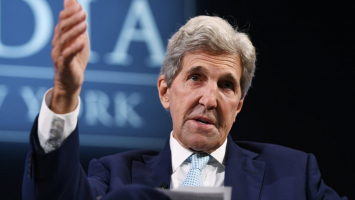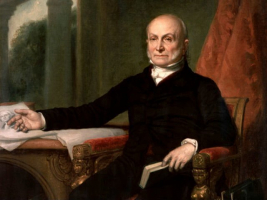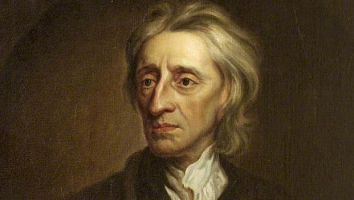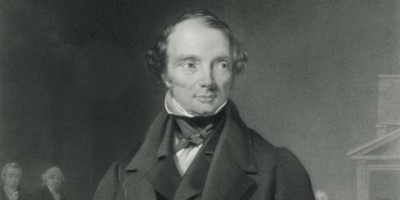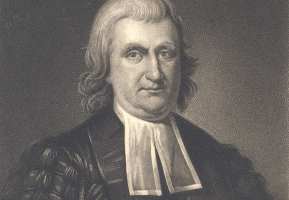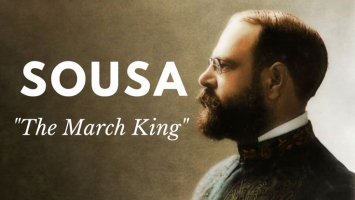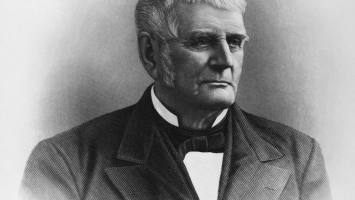Top 8 Interesting facts about John Dickinson
Dickinson was a well-known Philadelphia politician and solicitor. But he also served in Pennsylvania, Delaware, and Wilmington. He is frequently referred to as ... read more...the "Penman of the Revolution" since he wrote the 1767 and 1768 book Twelve Letters from a Farmer in Pennsylvania. Let's discover the interesting facts about John Dickinson.
-
One of the interesting facts about John Dickinson is he was born into an affluent family. Dickinson was born on the family's tobacco estate, Croisadore, which is located close to the community of Trappe in Talbot County, Maryland. He was the great-grandson of Walter Dickinson, who moved to Virginia from England in 1654 and, after joining the Society of Friends, traveled to Talbot County on the eastern bank of the Chesapeake Bay with a group of other believers in 1659. Walter started a plantation there called Croisadore, which means "cross of gold," on 400 acres (1.6 km2) along the banks of the Choptank River. In what would become Kent County, Delaware, Walter also acquired 800 acres (3.2 km2) on St. Jones Neck.
Through William, Walter's son, Croisadore was passed down to Samuel, his grandson, who was the father of John Dickinson. Samuel inherited 2,500 acres (1,000 hectares) spread across five farms in three Maryland counties; throughout his lifetime, he grew it to 9,000 acres (3,600 ha). The landholdings rose with each succeeding generation. Additionally, he acquired the Kent County property from his cousin and added to it, running along the St. Jones River from Dover to the Delaware Bay, reaching roughly 3,000 acres (1,200 ha). He started a new plantation there and dubbed it Poplar Hall.
For many years, the Dickinson family had been operating tobacco plantations, and they would later expand their economic empire using slave labor. Samuel and his new family relocated to Poplar Hall, where he had already assumed a prominent position in the neighborhood as Kent County's Court of Common Pleas judge, and he left his other properties and the Maryland plantation to his previous wife's children. These farms were sizable, prosperous agricultural businesses that relied on slave labor until John Dickinson emancipated the Poplar Hall slaves in 1777. On the other hand, John grew up with his father and gained all the knowledge he needed to start his enterprise in the family business. Instead of continuing to cultivate tobacco, they had decided to plant some wheat.
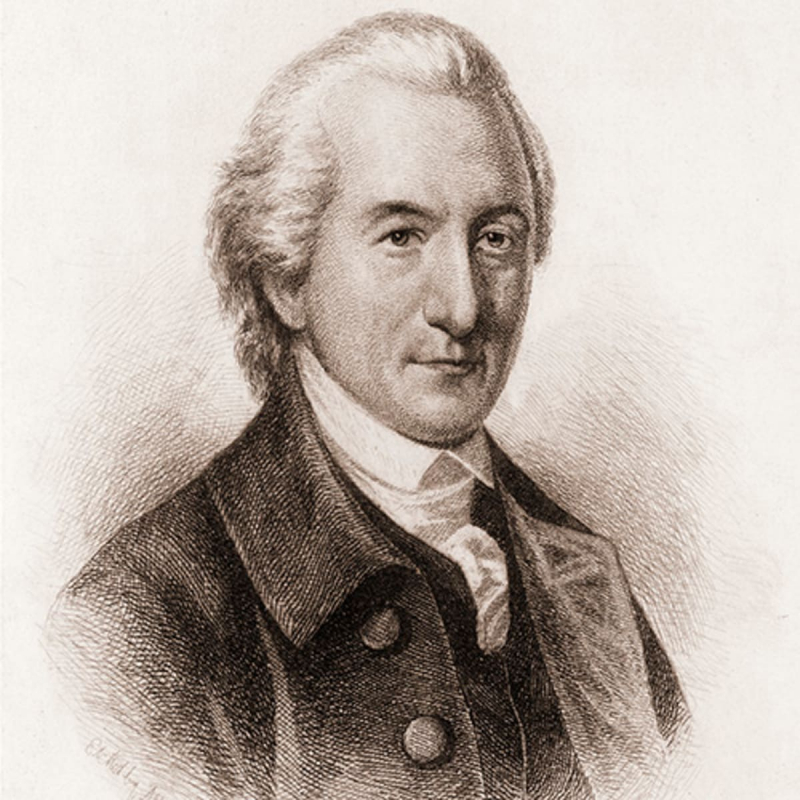
www.visitwilmingtonde.com 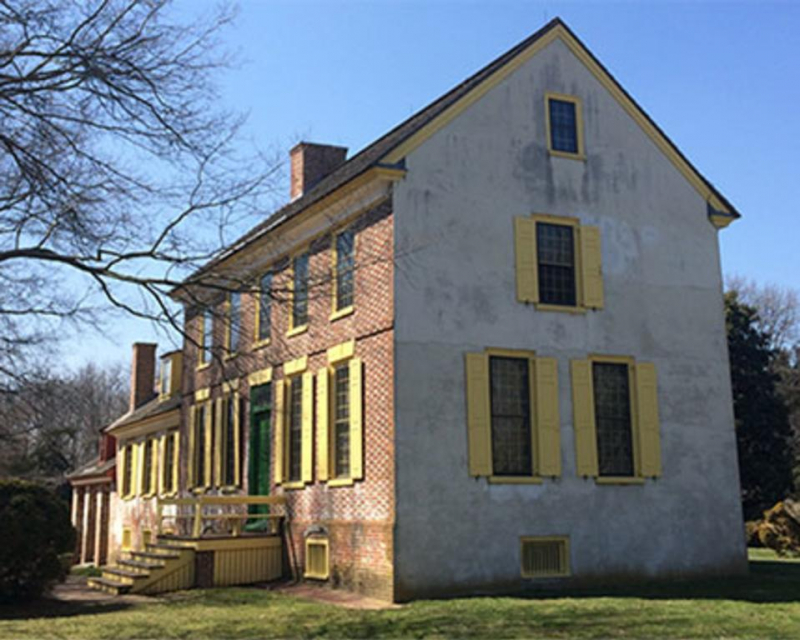
www.visitwilmingtonde.com -
Dickinson received his education at home from his parents as well as newly hired immigrants. Francis Alison, a Presbyterian clergyman who subsequently founded Chester County, Pennsylvania's New London Academy, was one of them. The most significant person was William Killen, his instructor who eventually became Delaware's first Chief Justice and Chancellor and who remained a lifetime friend. Dickinson was young and vivacious, and despite his affection for Poplar Hall and his family, he felt pulled to Philadelphia. He started his legal studies at age 18 in Philadelphia with John Moland. There, he became acquaintances with several other students, including George Read and Samuel Wharton.
John Dickinson traveled to England in 1753 and studied law at the Temple in London, an education that not many people could afford. Following in the footsteps of his lifelong friend, Pennsylvania Attorney General Benjamin Chew, he spent those years studying the writings of Edward Coke and Francis Bacon in the Inns of Court. His father was happy to learn that he had graduated as a solicitor. Additionally, he made crucial relationships with other individuals who would later be helpful to him. In 1757, he was admitted to the Pennsylvania bar and began his career as a barrister and solicitor.
John Dickinson had a strong foundation thanks to the education he acquired and his zeal, and this was evident whenever he had to speak in front of an audience or when he penned articles or letters. John also studied antique scholars, philosophers, and ancient languages. He was also urged to use writing as a means of self-expression, and he excelled at it. Shortly after his adored son, John returned to the US, Samuel Dickinson passed away. As a result, John received an inheritance from his father's Kent County Estate.
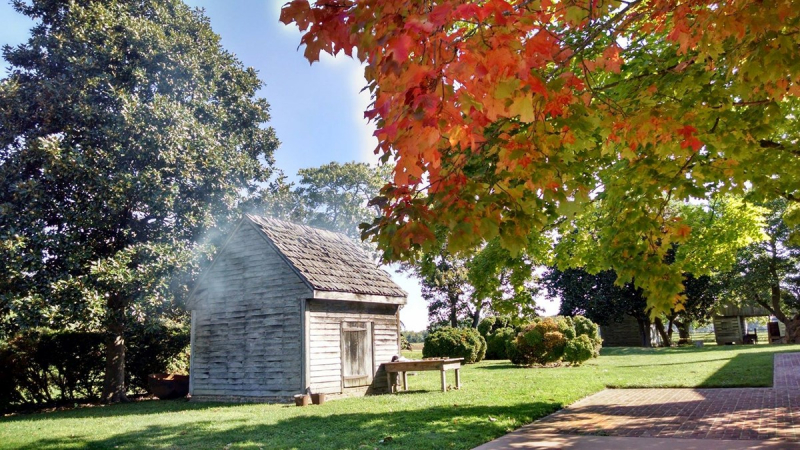
John Dickinson's Plantation -- www.nps.gov 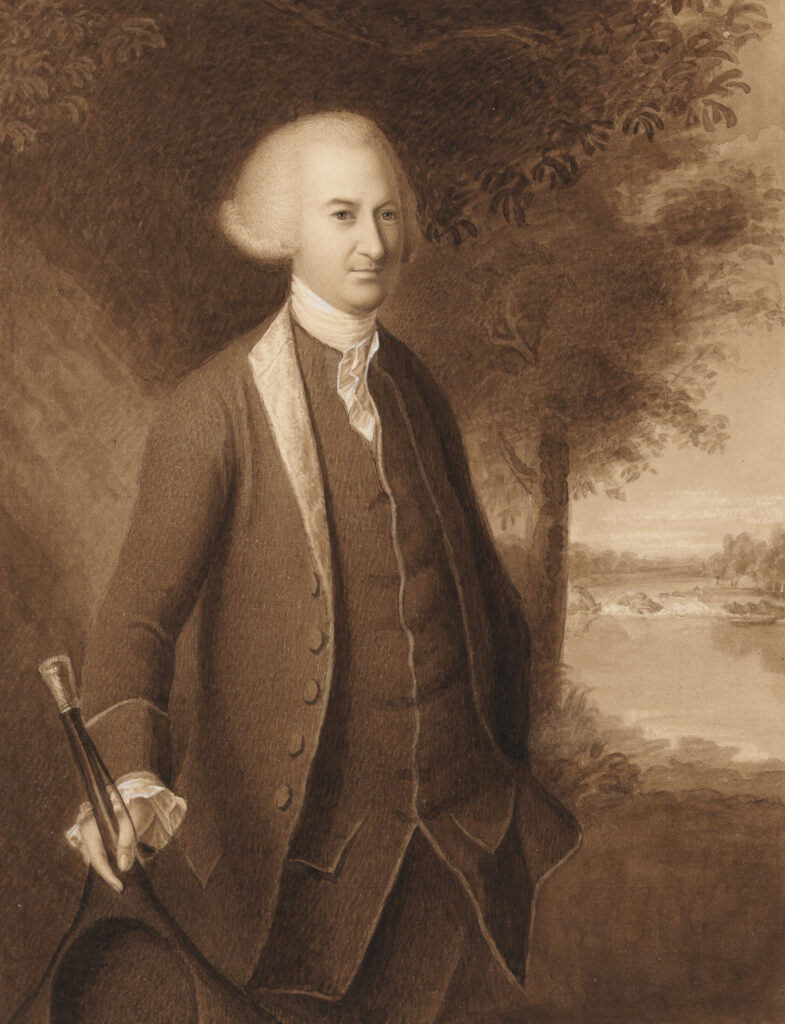
www.alamy.com -
While in London, he heard discussions about Enlightenment philosophy and individual rights from prominent thinkers of the day. The encounter made the connection between history and politics very clear and had an impact on Dickinson's whole life. Dickinson saw his name in the legal community increase after moving back to Philadelphia in 1757 to practice law. Dickinson quickly rose to prominence as the head of the conservative assembly opposition in Pennsylvania. One of the interesting facts about John Dickinson is that he quickly increased his fame by opposing Benjamin Franklin over the proposal to replace Pennsylvania's private charter with a royal charter. He lost his position in 1764, which weakened his popularity, but he was still able to gain the respect of other conservative fraction members.
He was regarded as a powerful politician who would soon bring about some significant changes since he produced The Late Regulations Respecting the British Colonies. As a result, he was elected to the Pennsylvania Assembly as well as the Delaware legislature as a member. Later, in 1765, Dickinson was selected to represent Pennsylvania in the Stamp Act Congress. He wrote the body's anti-Stamp Act resolution with his powerful, composed voice and made a significant contribution to the bill's formulation.
Letters from a Farmer in Pennsylvania, written by Dickinson in opposition to the Townshend Acts, was published. Dickinson's letters, which were initially published in the Pennsylvania Chronicle, were reprinted by many other newspapers and ended up becoming one of the most significant political works in American history before the American Revolution. Dickinson contended that while Parliament had the authority to control commerce, it lacked the authority to impose charges to raise money. Dickinson also forewarned that further taxes would be imposed on the colonies by Parliament if they agreed to the Townshend Acts. John Dickinson also penned his Letters of a Pennsylvania Farmer essays at this time, which subsequently became a book. He discussed the non-importation and non-exportation agreements that the United States had signed against Great Britain in these writings. He was elected to the American Philosophical Society in 1768 as a member after submitting these letters.
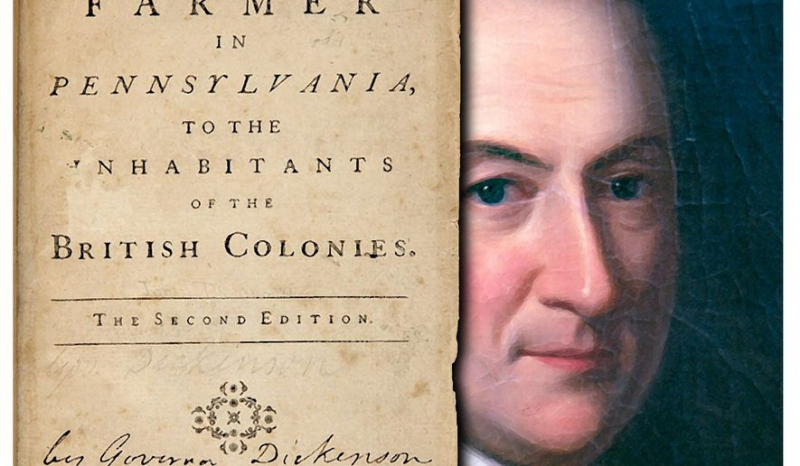
commons.wikimedia.org 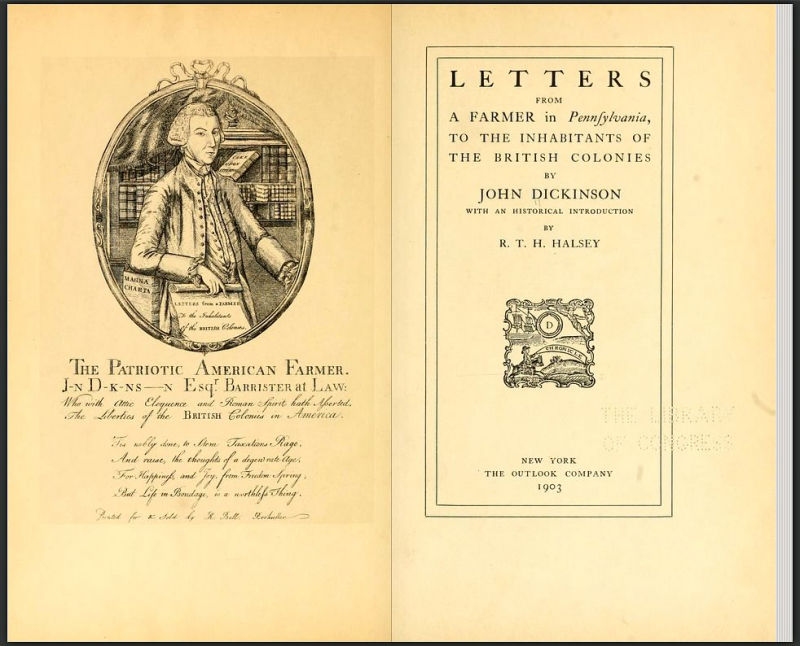
commons.wikimedia.org -
Dickinson believed that she would make a wonderful wife and partner since she had inherited a substantial inheritance. On July 19, 1770, Dickinson wed Mary Norris, also known as Polly, a well-known and intelligent thirty-year-old Philadelphia woman with a sizable holding of real estate and personal property (including a 1,500-volume library, one of the largest in the colonies at the time), who had been managing her family's estate. She was the daughter of Isaac Norris, Speaker of the Pennsylvania General Assembly, and a rich Quaker from Philadelphia.
Additionally, she was related to the Quaker poet Hannah Griffitts. Dickinson stated that he believed in the "lawfulness of defensive war," which is why he never officially joined the Quaker Meeting. In a civil ceremony, he and Norris were wed. Only two of Dickinson and Norris' five children Sarah Norris "Sally" Dickinson and Maria Mary Dickinson lived to maturity. They resided in Fair Hill, a neighborhood close to Germantown in Philadelphia, which they renovated with their combined fortune. The Dickinsons were able to strengthen their social and political ties with this marriage, especially in their hometown of Philadelphia. Only two years later, his political career was picking up speed, and he was chosen to represent Philadelphia in the Pennsylvania Assembly.
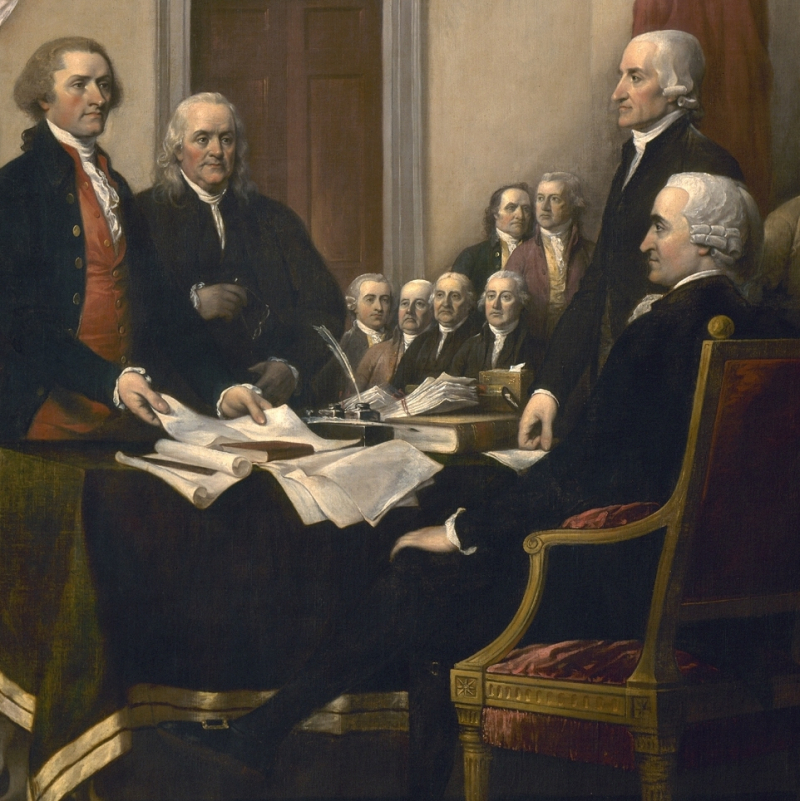
www.britannica.com 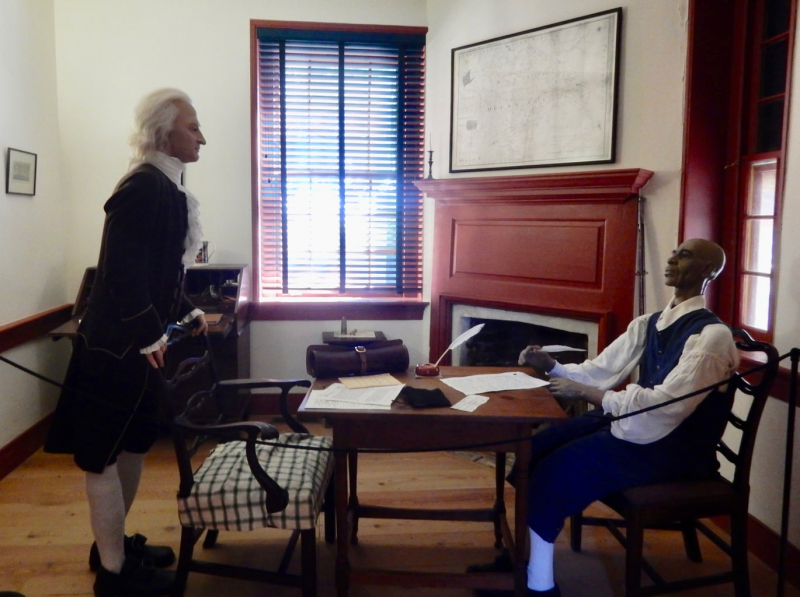
www.britannica.com -
John Dickinson was a self-taught historian who devoted the majority of his time to studying. He was an academic who believed that men should be free to choose their own opinions and whose expanding knowledge led him to decline to ratify the Declaration of Independence. He didn't believe it was good to start a war right away instead, he believed it was preferable to utilize diplomacy to achieve political goals and used the knowledge he obtained from his historical studies to support his reluctance. As Dickinson developed his political acumen, his knowledge of past movements inspired him to join the revolution. Dickinson was highly methodical and well-reasoned.
For this reason, Dickinson would always start writing all he thought anytime he felt the urge to express himself. Dickinson had a wonderful talent for communicating his ideas through language. Then, he and his colleagues were able to put what they had considered about the principles upon which they would create the new nation on paper, that is one of the interesting facts about John Dickinson. The Olive Branch Petition was written by Dickinson as the Second Continental Congress' final attempt to make peace with Britain. But throughout it all, Dickinson's goal was reconciliation rather than independence and revolution, in line with George Read and many others in Philadelphia and the Lower Counties.
After others approved the Declaration of Independence over his opposition that it would result in violence, Dickinson wrote the first draft of the Articles of Confederation in 1776 to carry out his belief that the Colonies would require a governing instrument to withstand a war against them. The Declaration on the Causes of Taking Up Arms, which Dickinson penned a few years later in 1776, was widely acclaimed.
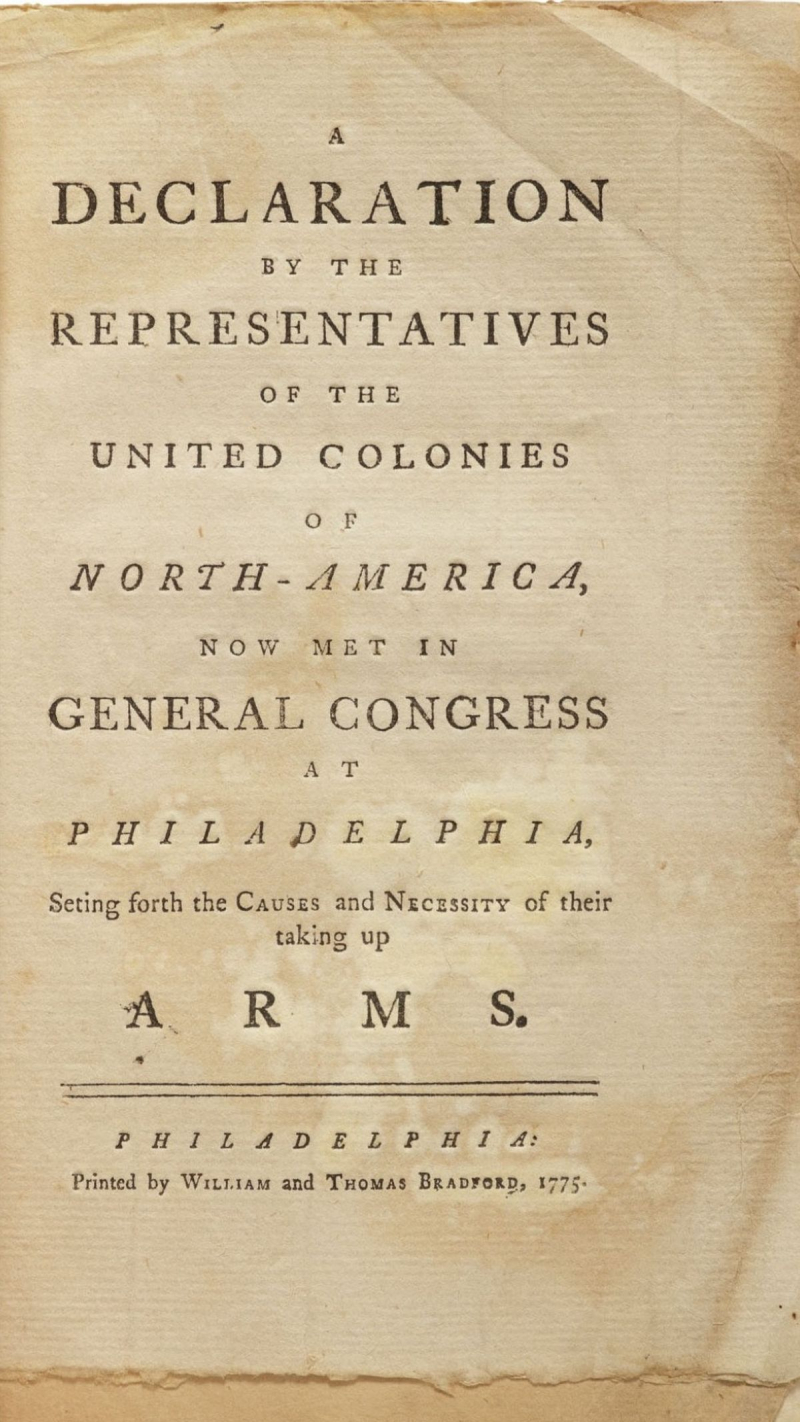
The Declaration on the Causes of Taking Up Arms -- bonniekgoodman.medium.com 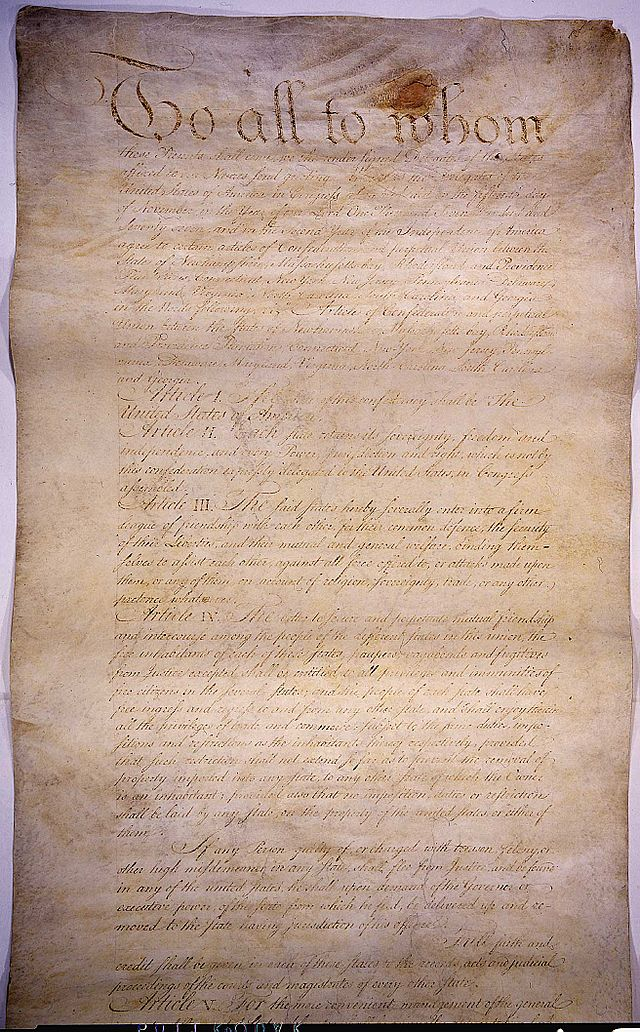
The Articles of Confederation in 1776 -- www.mediastorehouse.com.au -
One of the amazing and interesting about John Dickinson is he is the president of Delaware and Pennsylvania at the same time. Dickinson served in the Confederation Congress in 1779 following the Revolutionary War, in which he participated in a variety of duties. While there, Dickinson was chosen to represent Kent County in the State Senate in October 1781. Shortly after that, the Delaware General Assembly chose him to serve as president of Delaware. The General Assembly's decision was almost unanimous, with Dickinson's vote serving as the lone contrarian. Dickinson was elected and held office from November 13, 1781, until November 7, 1782. He looked for methods to put an end to the chaos of the Revolutionary era as he began his administration with a "Proclamation against Vice and Immorality."
It was a well-liked job that improved his image in both Pennsylvania and Delaware. The Delaware General Assembly was then effectively pressed by Dickinson to address the state's flagging militia enlistments and appropriately support the state's contribution to the Confederation government. In addition, Dickinson obtained the Assembly's sustained support for the French alliance, with no agreement on a separate peace treaty with Great Britain, in recognition of the sensitive discussions then taking place to put an end to the American Revolution.
However, much as previously, Pennsylvania politics proved to be too alluring. Dickinson was chosen to serve on Pennsylvania's Supreme Executive Council on October 10, 1782. He was chosen as the Council's president and subsequently the President of Pennsylvania on November 7, 1782, in a joint vote of the Council and the Pennsylvania General Assembly. He did not, however, formally step down as president of Delaware. Even though Delaware and Pennsylvania had previously shared the same governor, attitudes had changed, and many residents of Delaware felt unjustly abandoned. This was especially true after Philadelphia newspapers started criticizing the state for allowing the practice of multiple and non-resident office holders. Dickinson didn't legally quit until John Cook called for a fresh election to elect a replacement on January 12, 1783. Cook was Dickinson's constitutional successor, but Cook was viewed as too weak in his support of the Revolution.
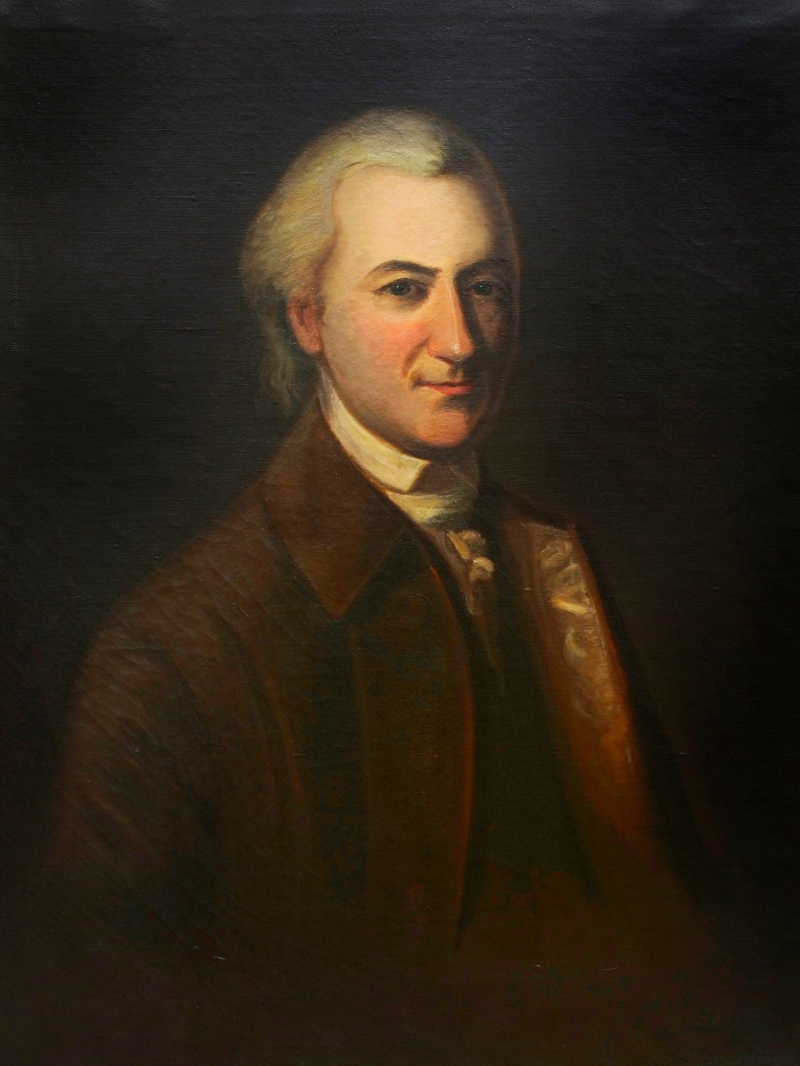
delawaretoday.com 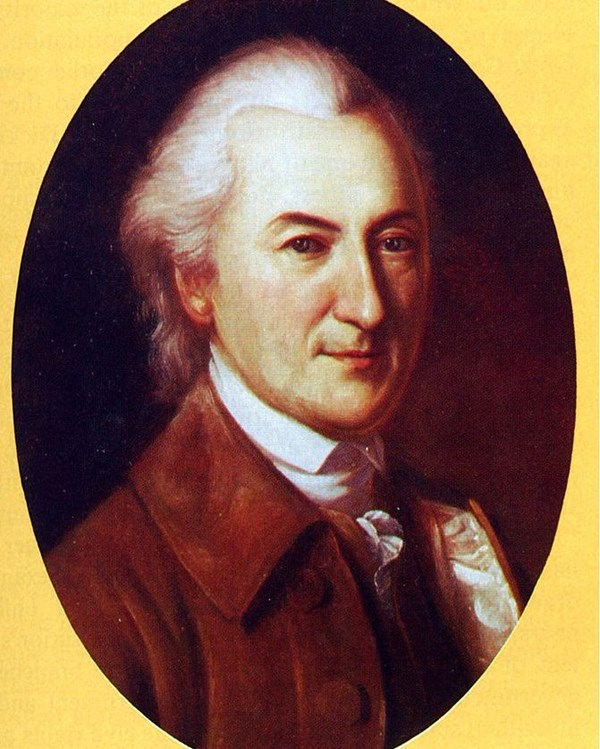
delawaretoday.com -
Dickinson unconditionally released all of his slaves just before he passed away. He had depended on them for his livelihood, but he also wanted slavery abolished. He contributed to the abolitionist cause in his later years and gave a sizable portion of his riches to the "relief of the wretched." He believed that by releasing every slave he owned upon his passing, the United States of America would eventually be free of slavery. He shared the view of many of the founders that slavery would "die a natural death."
Arguably, Dickinson was a pioneering feminist, in part because of his Quaker heritage. He thought that women should have the same religious freedoms as men since they are spiritually equal to them. He sought political advice from women, especially from his mother and wife, unlike many males of the time. Dickinson was also strong friends with Susanna Wright, a Quaker feminist, and she corresponded with Mercy Otis Warren and Catharine Macaulay. He urged Macaulay and Warren to keep on writing. He also purchased books that described the lives of powerful Quaker women. Dickinson frequently represented underprivileged women in court, notably Rachel Francisco, a "free molto" who was accused of infanticide. He suggested the first inclusive gender clause in the Articles of Confederation, which were written in 1776.
"No person or persons in any Colony living peaceably under the Civil Government shall be molested or prejudiced in his or her or their persons or Estate for his or her or their religious persuasion or practice, nor be compelled to frequent, maintain, or contribute to the maintenance of any religious Worship, Place of Worship, or Ministry, contrary to his or her or their Mind," he wrote in the proposed religious liberty clause.
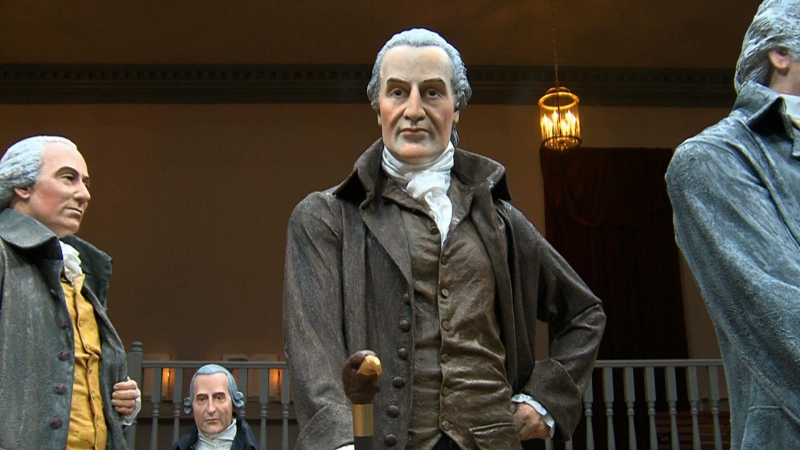
www.pbs.org 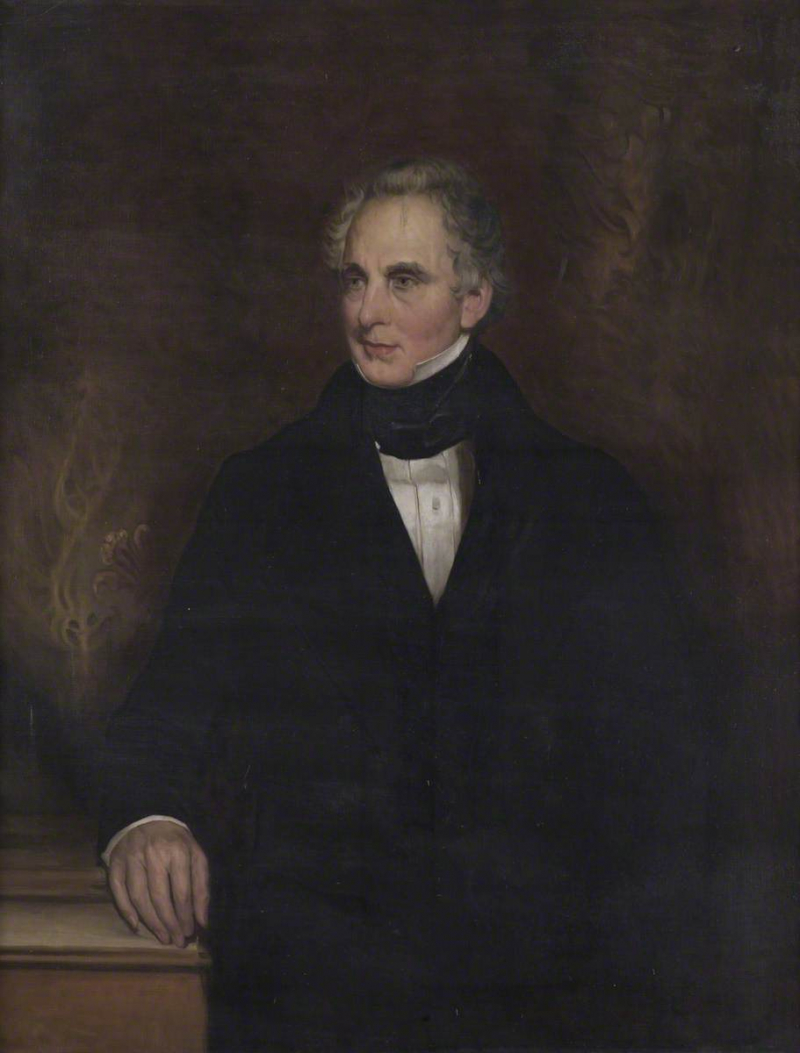
artuk.org -
Dickinson was re-elected to the State Senate for the 1793 session, although he only remained there for a year before quitting due to his deteriorating health. Though he never served as President of the United States of America, John Dickinson was one of the country's founding fathers. He passed away in 1808 at the age of 75. Dickinson was interred in the Friends Burial Ground after passing away in Wilmington, Delaware.
In an actual letter written by Thomas Jefferson to Joseph Bringhurst, who looked for Dickinson in his last years. Jefferson reacts to the news of Dickinson's passing "No better patriot or more deserving man could have left us. He was one of the early defenders of his nation's liberties when it came under attack from Great Britain, and he remained a devout supporter of the real ideas of our new government to the very end. His name will go down in history as one of the great revolutionaries."
College and Dickinson School of Law (now a part of Pennsylvania State University) both have campuses in Carlisle, Pennsylvania named after him. Besides, his name is commemorated by Dickinson Street in Madison, Wisconsin, John Dickinson High School in Milltown, Delaware, and Dickinson Hall at the University of Wisconsin.
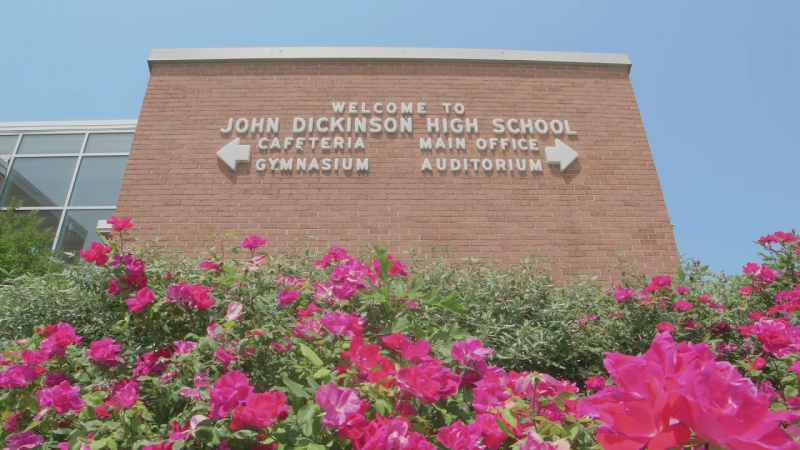
www.redclayschools.com 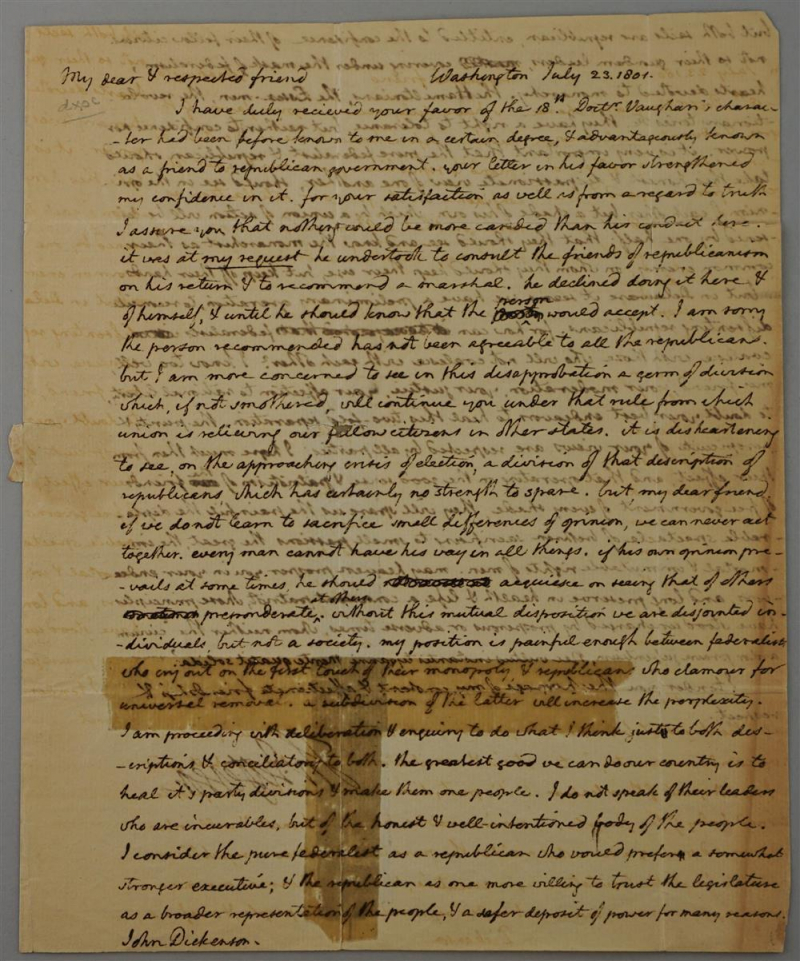
Thomas Jefferson to John Dickinson -- www.potomackcompany.com










